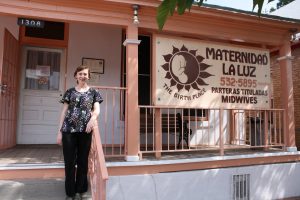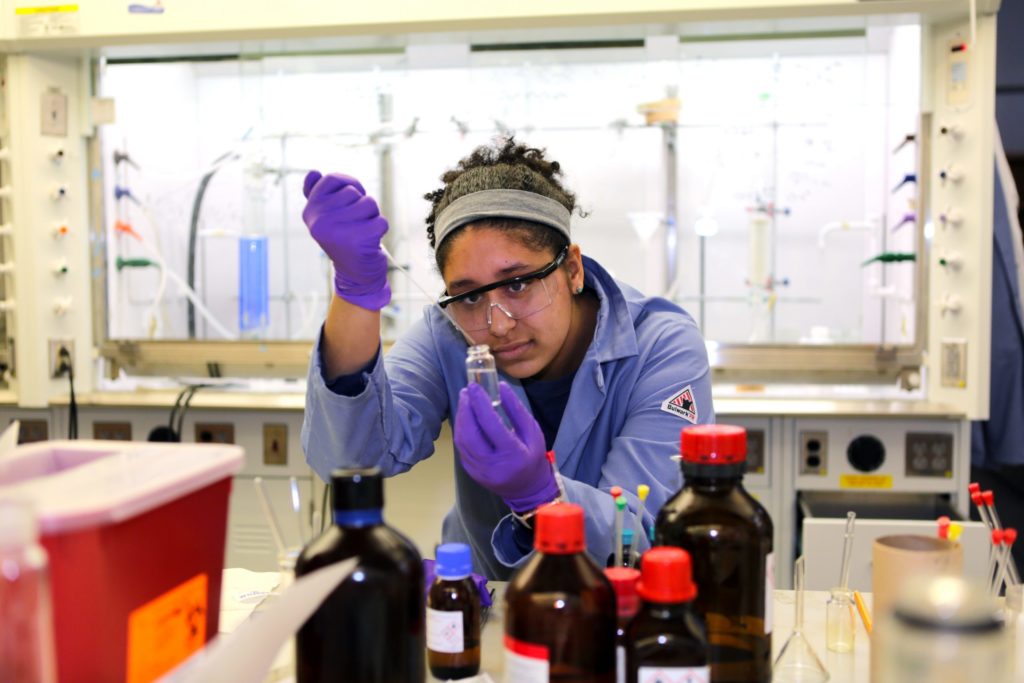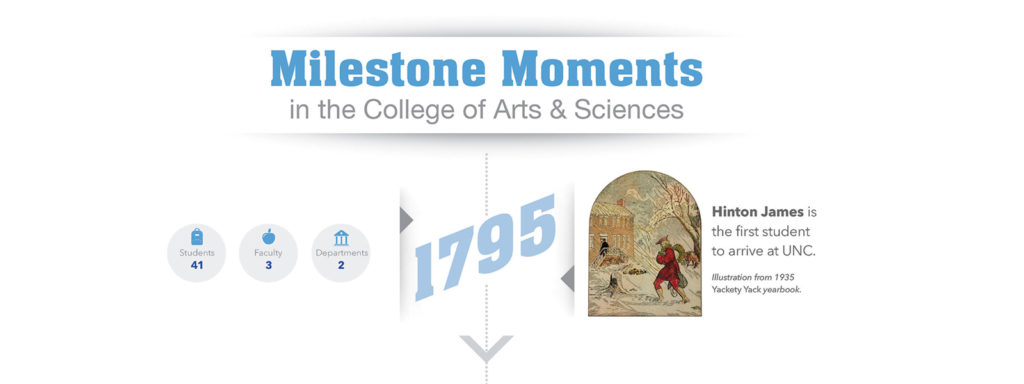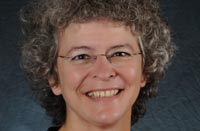A SURF Fellowship from the Office for Undergraduate Research led senior Kimmie Garner on a new adventure: exploring women and childbirth on the U.S.-Mexico border.

Last summer Kimberly “Kimmie” Garner of Charlotte wrote on her blog, “I feel like I am straddling two worlds with my project — one being the direct, hands-on practice of being a midwife and the other being the observer, interviewer and writer.”
The international studies and women’s studies major was experiencing living on the cusp of two different worlds. Her internship at a birth center on the U.S.-Mexico border with the help of a Summer Undergraduate Research Fellowship (SURF) was an opportunity to showcase and develop her skills further. The SURF was awarded by the Office for Undergraduate Research.
Garner’s interest in the birthing process could be traced to her childhood, when she enjoyed watching medical shows. She originally considered nursing as a career, but instead decided to explore becoming a midwife or doula.
Both roles involve assisting women in the birthing process in a natural way without many medical interventions, although a midwife serves as the main medical care provider. A doula approaches the process a little differently, providing physical, emotional and informational encouragement during pregnancy, labor and birth.
“She’s kind of like a labor coach,” Garner said. “She is supposed to support whatever you want for your birth.”
A new adventure
After becoming trained as a doula and taking a class at UNC on the international politics of sexual and reproductive health with Karen Booth, Garner decided she wanted to look for summer internships that allowed her to further explore her interests.
That’s what led her to Maternidad La Luz, a community-based birth center and midwifery school located in El Paso, Texas, very close to the Mexican border.
Her proficiency in Spanish helped her to converse with some of the clients, although it was a challenge to juggle being both a care provider and a researcher. She tried to learn why women decided to cross the border to give birth.
She found that many of them came for three reasons: economical, citizenship and the desire for a natural birth.
The cost of services at Maternidad was significantly less than the costs at a U.S. hospital, even though Maternidad’s services are not covered by insurance. Crossing the border and having a child at the birth center also allowed the child to have U.S. or dual citizenship.
A balancing act
It was a balancing act for Garner: In between interviews for her research, she worked two 24-hour shifts a week at Maternidad La Luz.
She attended births as a documenter, conducted prenatal and postpartum appointments with clients, and interviews with clients, midwives and students. She also took classes at the birth center’s school.
Despite the fact that she loved what she was doing, the internship wasn’t perfect at first.
“The hardest part of the experience was being lonely,” she said.
It was the first time she had lived alone far from home, and she felt isolated at times. She had been taking field notes, and maintaining a blog for her APPLES Community-Based Research Fellowship (CBR), but she had a hard time juggling everything.
But by the second month, she gained a greater sense of independence. Her later blog entries described the people she would hang out with and were a stark contrast to her earlier posts. She was also grateful for her support system through the SURF and CBR fellowships.
“It’s really important when you go into an experience like this to have a social support network, to know what your needs are when you are away from home,” she said.
Returning to Chapel Hill
Coming back to UNC for her senior year was a weird transition, Garner said. She had to return to a normal college student’s schedule, while continuing to work as a volunteer doula with UNC BirthPartners.
“Fitting birth into routine student life is really hard,” said Garner, remembering a time when a text message from a client beeped through on her cell phone while she was in class. “But I’d really like to do it more often.”
She is continuing the doula certification process, although she’s not completely sure what direction she wants to take in terms of labor support in the future.
“I really love being the emotional care provider [as a doula] instead of the medical care provider, and I think it’s kind of hard as a midwife to do both all the time without compromising one aspect of your job.”
Post-graduation plans
In June, Garner will head to Copenhagen, Denmark, for another new adventure.
She received a fellowship through Humanity in Action (HIA) to study minority rights for a five-week period. HIA, an international educational organization, engages, inspires and develops a network of students, young professionals and established leaders who are committed to protecting minorities and promoting human rights — in their own communities and around the world.
Her time in Copenhagen will culminate in a three-day conference in Berlin, Germany, where present and past fellows will discuss their human rights work.
Her final stop will be Hamilton, N.Y., where she’ll start her new job as program assistant for Colgate University’s Center for Women’s Studies.
Read Kimberly Garner’s blog about Maternidad La Luz: http://bordermidwifery.blogspot.com
[By Kristen Chavez ’13]




